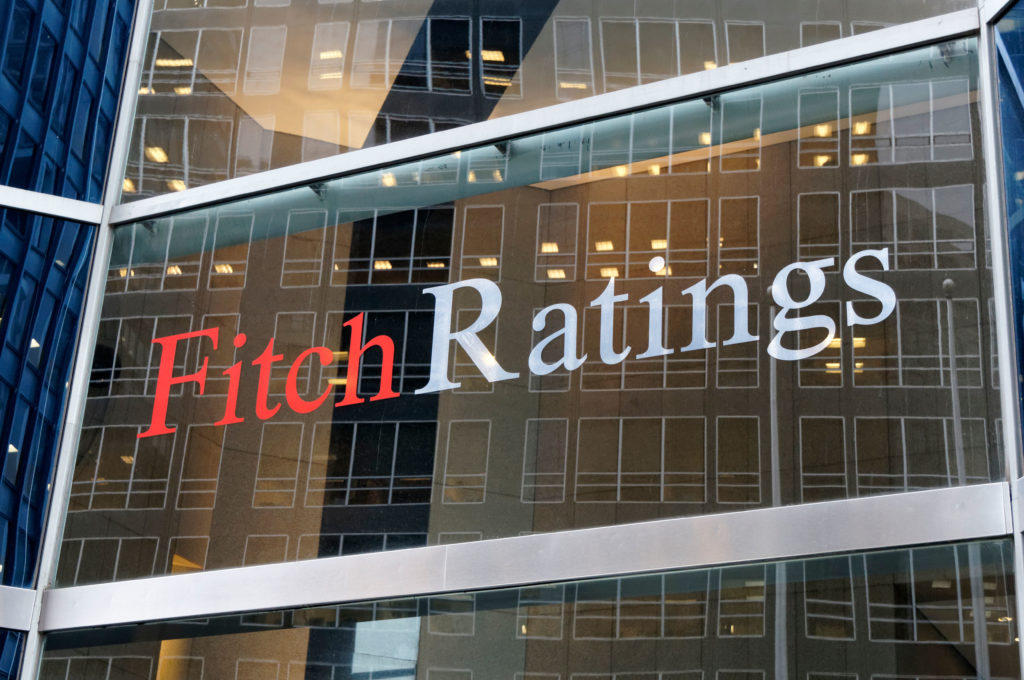TASHKENT
Fitch Ratings has upgraded Uzbekistan-based hydropower generation monopoly Uzbekhydroenergo JSC’s (UGE) long-term Issuer Default Rating (IDR) to ‘BB-‘ from ‘B+’. The outlook is Stable.
The upgrade follows the state’s continuing guarantee for 100 percent of the state-owned UGE’s debt and no plans to place non-guaranteed Eurobonds in the near future.
“We have therefore equalised its ratings with those of sovereign, as the guarantee acts as an overriding single factor under Fitch’s “Government-Related Entities Rating Criteria” (GRE),” the agency said in a report.
State-guaranteed debt falling below 75 percent of UGE’s total debt would lead to a rating differential with the sovereign rating of one notch, it added.
In absence of the overriding factor, Fitch would rate UGE using a top-down minus one notch approach from the rating of Uzbekistan (BB-/Stable) under GRE. This reflects our assessment of links with its ultimate shareholder, Uzbekistan, and the company’s Standalone Credit Profile (SCP), which we assess at ‘B’.
UGE plans to continue financing its intensive capex of around $2 billion over 2020-2030, largely with loans primarily from international financial institutions instead of non-guaranteed bond placement, contrary to our previous expectations. The government would continue to provide guarantees for UGE’s large hydropower plants (HPPs) construction, including Pskemskaya with a capacity of 400 megawatts and Mullalakskaya with a capacity of 150 megawatts construction to be commissioned in 2025-2026. Management expects the share of state-guaranteed debt to remain above 90% over 2021-2026.
“We assess status ownership and control as ‘Strong’, largely due to the government’s full ownership, UGE’s inclusion in the list of strategically important enterprises for the government, and record of support as ‘Very Strong’, due to the 100 percent debt guarantee from the state,” Fitch said.
State support also includes tax exemption until 2022.
The agency said it viewed the socio-political impact of a UGE default as ‘Moderate’, as UGE has only a 10 percent market share in Uzbekistan, and its services may be substituted with only temporary disruption, while its development projects can be delayed.
The financial implications of a default are also ‘Moderate’ because it should not have a material impact on the availability and cost of funding for the government and other state-owned companies, given its size and undiversified funding base, Fitch added.
The agency said it expected tariffs to increase on average by double digits over 2021-2024, however, tariff growth might be limited by social considerations, as happened in 2021 with no tariff indexation as a COVID-19 measure from the state.

